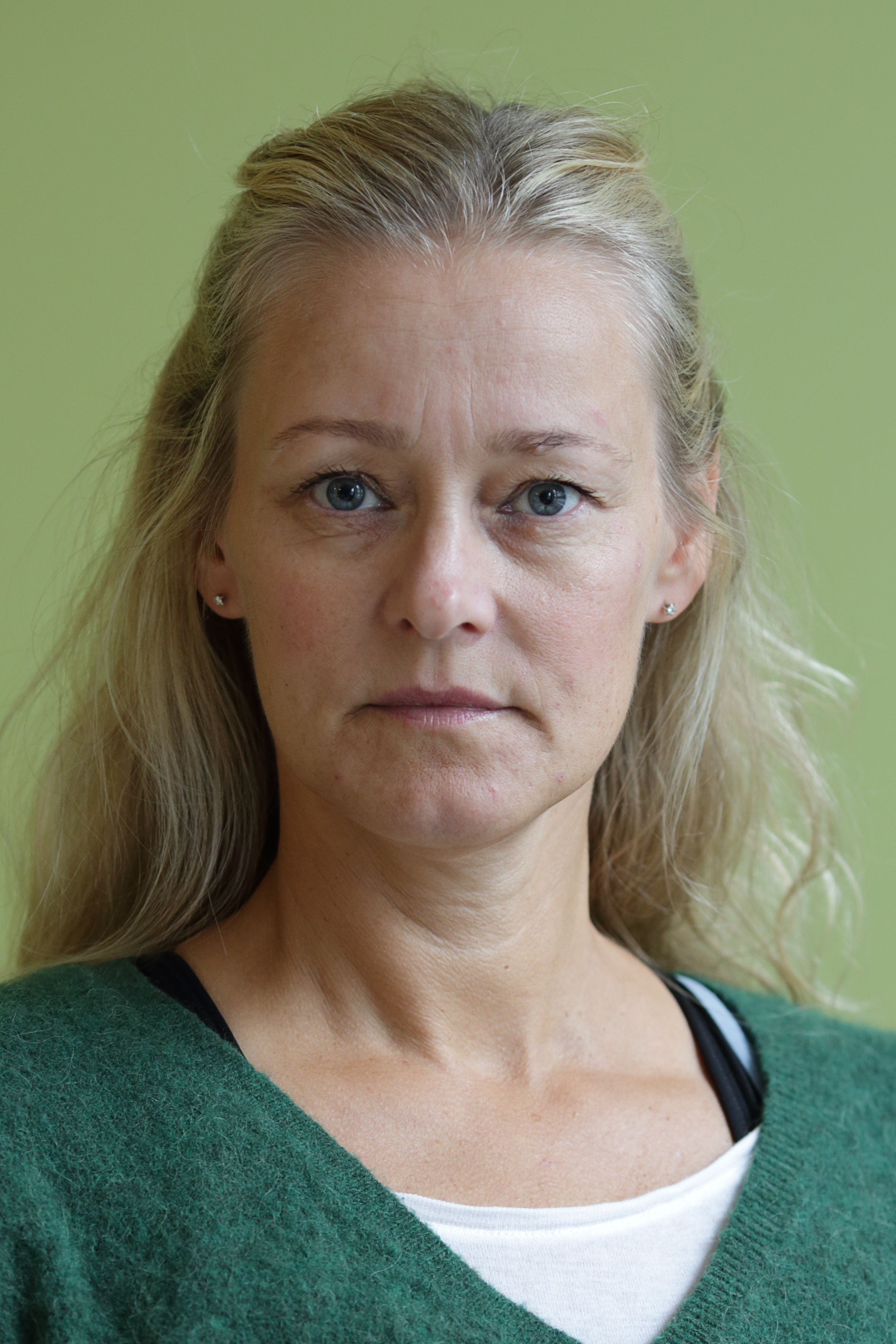
The politics of a changing institutional ecology: coordinating and prioritizing healthcare and welfare services in the municipal landscape (ISP)
This strategic project to build institutional expertise (ISP) aims to develop the field of services research. This will be commenced through a multidisciplinary and comparative exploration of the ways services interaction and coordination are politicized, prioritized, modelled and experienced at different levels and by different actors in the Norwegian welfare state.
Project period: October 2019 - December 2025
Project funding: The Research Council of Norway
Total budget: 24 000 000 NOK
This project aims to identify social and structural factors that may contribute to reduce unwarranted variations and priorities related to services coordination and potentially contribute to ensure sustainable services, through a practice-based methodological approach including a range of methods, and through a critical multi-scalar scope including a range of theoretical perspectives. The project relates to a contemporary paradox and societal challenge in every European state. On the one hand, there is a need for cutting public expenditure because of lower state income and austerity, while on the other hand there is a greater demand for public services caused by societal changes such as the global decline in employment, increased migration flows, and an ageing population.
In Norway, there is widespread political agreement that basic welfare benefits are a public responsibility and that residents have universal access to services of equal quality. This puts pressure on the agents of public services provision. The healthcare sector is one of several sectors that make up the Norwegian welfare state, and, because of the decentralized primary care provision the municipalities are the institutional backbone of the state. This ‘backbone’, more specifically the municipal healthcare services, is our point of departure. We are, however, also concerned with the relations between sectors, the wider institutional context, and the ruling relations that shape municipal prioritization and services coordination. Our research focus in four work packages in sum therefore covers a broad spectre of dynamics that will provide us with new knowledge about services coordination and factors that promote or restrict municipal variation in this regard. These include the exploration of a) the conditions for developing sustainable services, b) the labour that produces healthcare services and the systems within which it is embedded, c) the organization and governance of the municipal services, d) the municipal and national policies and practices of, and models for, services interaction and coordination, and, not the least, e) the local, national and international policy trends in the field of health, care and welfare and how they spread.
The project runs for five years and is managed by the Center for Care Research (CCR) west, the Western Norway University of Applied Sciences (HVL). It is organised into four work packages and has five national partners – CCR east, south, mid, north and NORCE Society, and four international partners University of California, San Fransisco, Aarhus Universitetet, Mittuniversitetet Sverige and Netherlands Research Institute for Healthservices Research.

